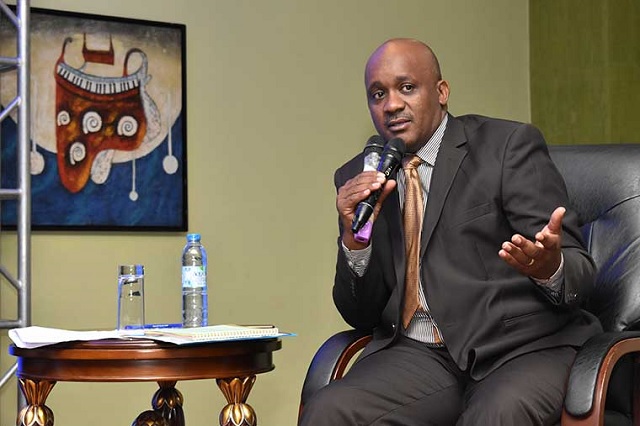
Kampala, Uganda | THE INDEPENDENT | Civil society organisations in Uganda have warned that the 2023/24 national budget will not be achieved and neither does it respond to the current needs of the country. The parliament has approved a budget worth 52 trillion Shillings, which is bigger than the outgoing budget by 16 percent, and, among other things, they call on the government to continue instituting measures against the leakage of public resources.
“We appreciate the Government for the progressive PFM (Public Finance Management) Reforms undertaken, the most recent one being the payroll special audit and validation/headcount of all government employees by OAG,” they say in a joint statement, adding that if done well, it would go a long way in addressing fiscal consolidation in Government.
There have also been increments for some sectors and programs like in health and agriculture, but the CSOs under their umbrella, the Civil Society Budget Advocacy Group (CSBAG) think the government has missed out on real priorities. While a bigger budget is a positive for the country, according to CSBAG Executive Director, Julius Mukunda, it is based on a resource envelope that is most likely not to be realised.
The government expects more tax revenues from URA from 25.5 trillion this year to 29.7 trillion Shillings next year and l an increase in external borrowing from 6.7 billion to 8.25 billion dollars.
Mukunda says that the challenge is that increase in borrowing is coming at a time when the country should be reducing its debt burden which is becoming unsustainable.
He also casts doubt on the ability of the Uganda Revenue Authority to collect 29 trillion shillings, a target set by the Ministry of Finance, Planning, and Economic Development. According to him, while URA has performed well in steadily increasing annual collections, they have consistently performed below target, and that next year will be no different.
Uganda’s national budget has increased from Shillings 30.9 trillion in the financial year 2018/19 to Shillings 86.6 trillion by the end of the next financial year, representing a 180 percent growth in five years, and a debt-to-GDP ratio of 52 percent.
Domestic debt accounts for Shillings 38.1 trillion and external 48.5 trillion Shillings. Mukunda says the problem with it is what the money is being borrowed for and the increasing share of commercial non-concessionary debt now at a quarter of the total.
This is likely to make Uganda default because of the high-interest rates. The country is also spending 24 percent of domestic revenues on service debt. This is twice the country’s benchmark of 12.5 percent and means servicing debt is leaving other areas underfunded.
He also appealed to the government to ensure that the government strictly follows the policy on domestic arrears, which have grown to more than 7.5 trillion Shillings, yet only 205 billion has been allocated for next year. This will also ensure that the private sector is not suffocated by the government’s failure to pay for the services rendered by the entrepreneurs, according to Mukunda.
Other priorities where the CSOs feel the budget has fallen short include agriculture, health, and education programs. Last year, there was a food shortage in the country with some reports indicating that some people died of hunger in the northeast parts.
Agnes Kirabo, the CEO of Food Rights Alliance quotes a UN report that showed that in 2022 at least 10 million people in Uganda faced severe food insecurity, yet the budget has not planned against such a situation. She wants the government to adopt the approach of countries in the region which plan for food resources every year.
Kirabo also wondered why the government scrapped the Local Government Agriculture Extension Budget Grant, which she says was critical in improving production, productivity, and standards in production.
The statement commends the government for the increment towards agro-industrialisation from 1.449 trillion in the financial year 2022/23 to 1.787 trillion shillings in the next budget, an increase of 23.31 percent. “However, given the importance of the program to the recovery of the economy the increment is still insufficient to achieve the intended outcome of the program,” it says.
On health, CSOs say that the government has done well to increase the availability of health facilities around the country, though many have been funded by donor money. Records show that currently, 91 percent of Ugandans leave within five kilometers of a health facility.
Unfortunately, Peter Eceru, the advocacy coordinator at Cehurd (Centre for Health, Human Rights and Development, says the facilities are highly under-facilitated and are therefore largely not functional. He called for the strengthening of medicine distribution as well as blood transfusion services, especially for Health Centre 4s that are reportedly carrying out caesarian operations.
Diana Atwine, the Permanent Secretary at the Ministry of Health, says over the last five years, maternal deaths have been reduced from 133 per 100,000 deliveries to 86 currently.
*****
URN
*****
RELATED STORY
 The Independent Uganda: You get the Truth we Pay the Price
The Independent Uganda: You get the Truth we Pay the Price


